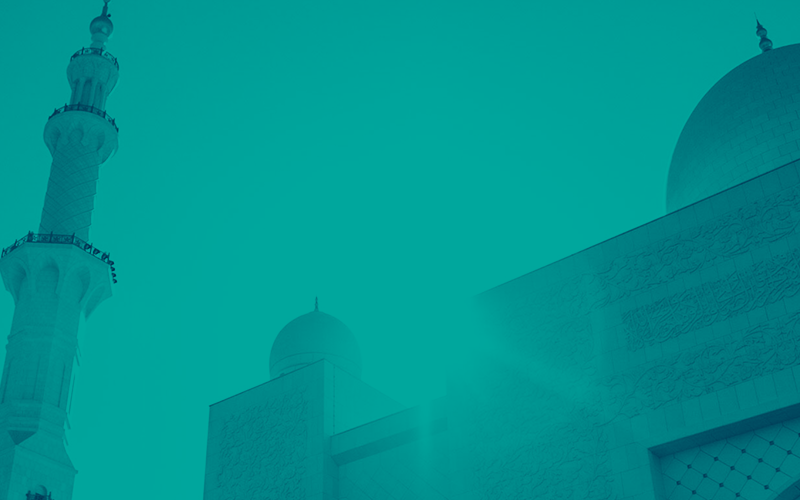Dear Reader,
This month was marked by debates on war, peace, and governance across the Middle East. The articles featured here reflect these issues—from Gaza’s reconstruction to shifting international dynamics on Palestine, and from fragile state-building in Lebanon and Syria to the prospects of peace between Türkiye and the PKK.
In an article I co-authored with Mandy Turner, we examine Gaza’s postwar reconstruction plans, warning that they risk fostering disaster capitalism through externally imposed governance structures, exploitative economic arrangements, and repressive security frameworks. We argue that sustainable reconstruction requires Palestinian self-determination, agency, and sovereignty, while stressing that Gaza’s reconstruction is a global concern, and not solely a Palestinian one.
In an interview with Emissary, Marwan Muasher and Amr Hamzawy discuss how international momentum is turning against Israel as more Western governments, including those of France, Canada, and the United Kingdom, move toward recognizing a Palestinian state. However, the interviewees stress that only the United States has the leverage to exert meaningful pressure on Israel to end the war on Gaza.
Turning to Lebanon, Michael Young analyzes the state’s recent decision to assert its monopoly over weapons, describing it as a milestone—albeit an incomplete one, given Hezbollah’s still-strong ties to Iran. He argues that genuine progress requires dialogue with Tehran and unity between President Joseph Aoun and Prime Minister Nawaf Salam, and warns against international impatience and the risks of Israeli escalation.
Meanwhile, Wladimir van Wilgenburg examines the new PKK–Türkiye peace process, which has seen symbolic self-disarmament on the part of the PKK in Iraqi Kurdistan. He argues that this step could ease conflict, improve Kurdish-Turkish relations, boost stability and economic prospects, and allow the return of Kurdish refugees to Türkiye.
Finally, turning to Syria, Mohammad Abualrob and Nathan J. Brown draw on lessons from South Africa and Egypt to examine the country’s interim constitution. They warn that Syria’s top-down, presidential model risks entrenching sectarian power, and contend that only a consensual, rights-based framework offers a viable path toward genuine stability and democratic transition.
Warmest regards,
Nur Arafeh
Fellow, Malcolm H. Kerr Carnegie Middle East Center
Plans for Gaza
Once Israel’s war in the territory is brought to an end, the foundational principles guiding reconstruction should be Palestinian self-determination, local agency, and sovereignty.
By Nur Arafeh and Mandy Turner
Palestine
How the events in Gaza are—and aren’t—shifting the conversation on the two-state solution.
By Amr Hamzawy and Marwan Muasher
Lebanon
The Lebanese government’s efforts to secure a monopoly over weapons are advancing, but can it ignore Iran?
By Michael Young
Syria
Knitting law and politics together into a constitution that serves as a repository of hard-won agreements is a matter of trust and bargaining, rather than foresight. But Syria’s will need both.
By Mohammad Abualrob and Nathan J. Brown
Morocco
The approach includes democratic principles, but the king has ultimate say.
By Natalie Triche
Democracy
As the United States retreats from its role as a global democracy promoter, there is simultaneously a leadership gulf and a shift in the norms around democracy and autocracy.
By Sarah Yerkes and Erica Hogan
Kurdistan
The peace process between Türkiye and the PKK will stabilize areas where they had been fighting, as well as the wider region.
By Wladimir van Wilgenburg
In the Media
- Zaha Hassan on Trump and Netanyahu, Read the article
- Marwan Muasher on Gaza and Syria, Watch the interview
- Marwan Muasher on the greater Israel project from Lebanon to Saudi Arabia, Watch the interview
